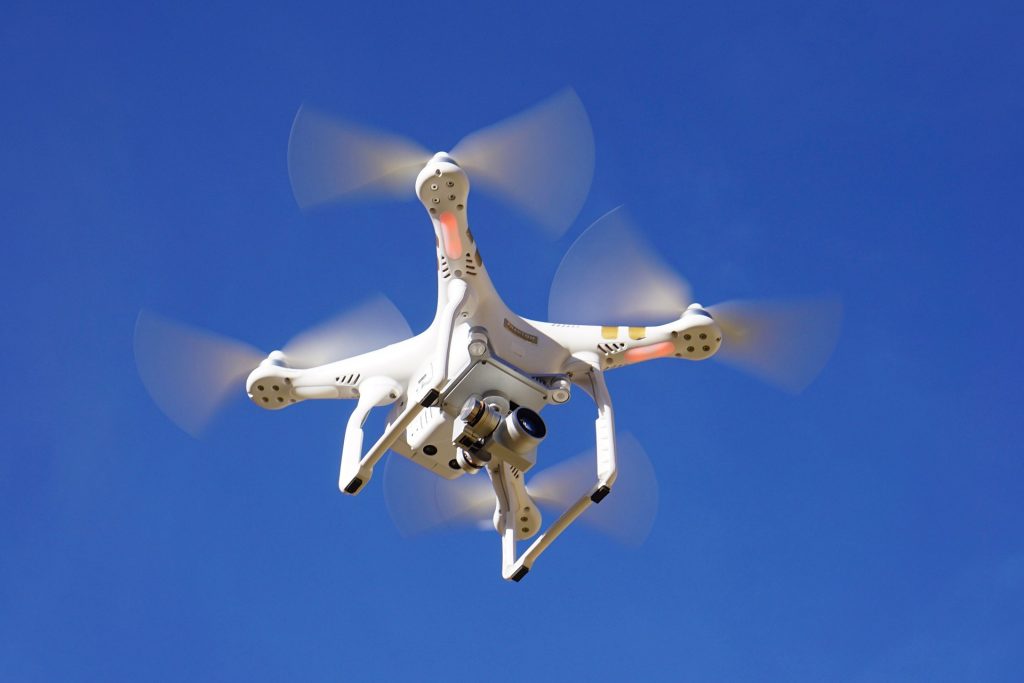
GUIDELINES FOR THE OPERATIONS OF DRONES (RPAS/UAV) IN NIGERIA
The Nigerian agency responsible for drone safety, NCAA, has provided several internet-accessible details on flying drones for fun or work. The highlights are enumerated below.
Are drones allowed in Nigeria?
According to NCAA, drones are allowed in Nigeria, subject to NCAA regulations.
Here are the most important rules to know for flying a drone in Nigeria:
Here is a summary table provided by the NCAA of prerequisites for using an unmanned aircraft in Nigeria:
Nigeria Civil Aviation Authority Prerequisites for operating an unmanned Aircraft
Without first obtaining the necessary authorizations, it is illegal to operate a drone. Before conducting any drone flight within Nigeria, flight plans must be submitted to the NCAA for approval.
The NCAA requires the registration of drones weighing more than 250 grams (0.55 pounds).
Before flying a drone in Nigeria, operators must obtain a Remotely Piloted Aircraft Systems Certificate.
All drone operators must be at least sixteen (16) years of age.
Drones may not be operated recklessly or in any other way that could endanger people, property, or other aircraft.
Do not fly from or into another state.
Without proper authorization from Air Traffic Control, do not operate over the high seas.
Note for foreign operators
Foreign drone pilots will be issued a “Recognition of Ownership,” which they must carry on all drone flights. If you do not register, you risk a fine or up to three years in prison.
While your home country’s drone license may be accepted, it is best to submit it with an English translation.
Notes for recreational drone pilots flying for fun in Nigeria
All drones weighing 250 grams to 25 kilograms must be registered in Nigeria. Hobby pilots can register their drones online.
Before flying your UAV outside, you must register it if it weighs more than 250 grams (0.55 lb.) but less than 25 kg (55 lb).
Your registration number should be visible on your UAV.
You must be:
At least sixteen (16) years of age (if the owner is less than 16 years of age, a person 16 years of age or older must register the unmanned aircraft)
Foreign nationals visiting Nigeria must register their UAV upon arrival. The online registration process serves as proof of ownership.
To Register, You’ll Need:
Valid email address
Card of credit or debit
Addresses, both physical and postal (if different from physical address)
Registration is free and valid for one year.
UAV that weighs less than 25 kg (55 lbs.) but more than 250 grams must be registered (0.55 lbs.) online
By paper, register RPA that weighs more than 25 kg (55 lbs.).
Safety Guidelines:
Fly at the height of 400 feet or less
Keep an eye on your UAV.
Never fly close to other aircraft, particularly near airports.
Never fly over a crowd.
Never take a flight over a stadium or a sporting event.
Never fly near disaster relief efforts, such as fires.
Never fly while intoxicated.
Bear in mind the requirements for airspace.
Notes for operating Commercial Drone Services in Nigeria
Commercial pilots must apply directly to the Nigerian Aviation Authority for a permit.
Pilot Requirements:
At least 18 years of age
Must go through the National Security Advisor’s vetting process (NSA)
To satisfy this requirement, you must complete the Part 21 online training course available at www.rpasacademy.ng.
Must pass an initial aeronautical knowledge examination administered by an NCAA-accredited knowledge testing facility.
Aircraft Requirements:
Less than 25 kilograms (55 lbs.)
Class G airspace must be registered
Must maintain visual contact with the aircraft (visual line-of-sight)
Must fly at less than 400 feet
Must fly during daylight hours
Must fly at a speed of less than 100 miles per hour
Must give way to crewed aircraft
Do not fly over people
Do not fly from a moving vehicle
Beyond line-of-sight is not permitted without NCAA approval.
NOTE: Small Unmanned Aerial Systems (SUAS), Small UAS, Remote Piloted Aerial Systems (RPAS), unmanned aerial vehicle (UAV), Unmanned Aerial System (UAS), and drone are interchangeable terms unless specified. Model aircraft, toy aircraft, Remote controlled aircraft, and RC aircraft may be covered by the same regulations unless specified.




